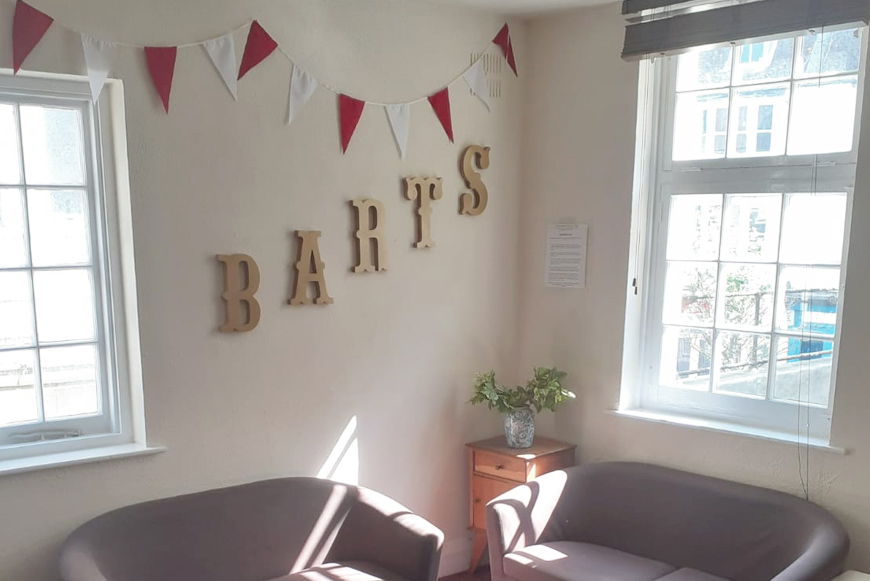- Posted by Chris Lelliott
- Categories College News
- Date 10 August 2020

What Are Tutorial Colleges?
In this article, Bartholomews Tutorial College Governor Will Duncombe, who also founded the College in 1985, explains what tutorial colleges are, their functions and purposes, how they differ from more traditional schools and colleges, and the advantages they can offer to their students.
How did tutorial colleges come about?
Most tutorial colleges have sprung up since about 1970, but there were a few similar places before then and these were generally referred to as ‘crammers’. They were only really attended by former private school boys and girls and mostly by those who, as the word suggests, needed to be ‘educated’ quickly, like re-taking A levels or GCSEs (then known as O levels). These places were more about getting results than a complete educational experience, but they were actually quite successful at what they were engaged to do – to get wealthy people’s under-performing children into university. But today, a tutorial college is an option that everyone should consider.
How have tutorial colleges changed since their inception?
‘Crammers’ were the predecessors of tutorial colleges, but they have developed and evolved a lot since the ’70s. Tutorial colleges these days vary quite a lot in nature, but are usually much smaller than traditional schools. Some have just a handful of students, and only a few have more than a hundred or so. They take students mostly for A levels and GCSEs but also for other courses such as IGCSEs, the IB, STEP, Common Entrance, etc. Most tutorial colleges take both full-time and part-time students and have flexible entry requirements, or none at all.
Class sizes are much smaller than those at traditional schools, with tutorials usually comprising no more than about four students. Some tutorial colleges, like ours, specialise in one to one tuition.
What advantages do tutorial colleges offer for students?
Some tutorial colleges offer just small-group tuition, some offer a combination of small-group and individual tuition and a few offer entirely individual tuition. Few of them would now accept being called a ‘crammer’, but most would not deny that they are able to perform that role.
Tutorial colleges are able to adapt to the specific needs of the individual student, rather than the student having to adapt to the school, and their single intention is not to provide an ‘all-round education’, but just to maximise each student’s examination prospects. To that end, for example, much emphasis is placed on the use of past exam papers.
How do tutorial colleges differ from traditional schools?
Generally tutorial colleges are much more liberal than schools over non-academic matters and students are generally not required to remain on the premises other than to attend classes or supervisions. There are no uniforms, no compulsory sports, and students and tutors are often on first-name terms. Students may expect to be treated as young adults rather than as school children and they can expect to exert a considerable influence on the direction of their own studies. Similarly, their parents can have more influence at a tutorial college than they can at most schools.
At good tutorial colleges there is none of the ‘us against them’ feeling between students and staff, but rather one of ‘we’re all in it together’, which is to the benefit of the students. The emphasis is simply on teaching and learning so that every individual student has the opportunity to achieve his or her potential in terms of exam results.
As a by-product of this, tutorial colleges may provide other benefits, like the ability to deal directly and confidently with adults and to become more independent and more self-assured academically. In many ways tutorial colleges are like a half-way stage between school and university and can be a valuable preparation for life after education.
